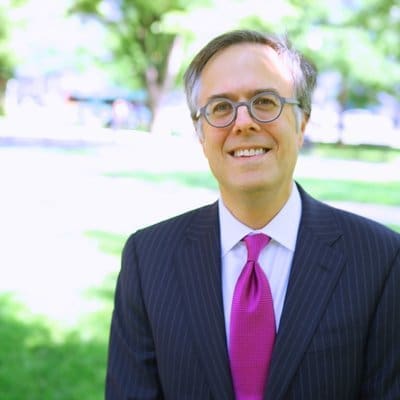A perfect storm of economic and social challenges— from globalization to family breakdown— is undermining something important about America: the ability of people born into low-income backgrounds to advance economically over their lifetimes. Economic mobility has become stalled in America. The result is a class system in which birth equals destiny.
Here is the good news: Getting a college education remains one of the most powerful sources of economic mobility in America. When children from the poorest families (the lowest 20 percent in income) lack a college degree, only about 14 percent of them will reach the top 40 percent of income over their lifetimes. But if they earn a degree, fully 41 percent will make this dramatic economic advance.
But here is the bad news: There’s a graduation gap in America. According to national research, of students with similar high school (3.0 or higher), only 21 percent of lowincome, first generation students who enroll in college will earn a bachelor’s degree after six years. For their high-income peers who had a parent go to college that number is nearly four times higher at 77 percent.
A college degree has a disproportionate influence on the shape of our future. Yet the price tag on higher education has risen faster than many other goods or services in our economy. And those who get discouraged and drop out often have serious debt without earning a useful credential.
These problems are magnified for low-income students. They must navigate a complex financial aid system. They often have difficult family circumstances that create stress and few examples of collegiate success among relatives and friends. At college, they can become discouraged by early setbacks and question whether they belong in higher education at all.
Graduation is absolutely essential to mobility but also absolutely unequal—making the graduation gap a key issue of opportunity.
Closing the graduation gap requires many different people and institutions working effectively and, where it’s appropriate, in cooperation. It requires responsibility, aspiration, and resilience on the part of students; stable and encouraging families; supportive mentors; effective teachers; well-run educational institutions; and a government committed to upholding public justice.
Some individuals, of course, defy the odds and do exceptional things even in very bad situations. But opportunity does not exist where odds are something to be defied. Closing the college graduation gap remains crucial to unleashing opportunity.


